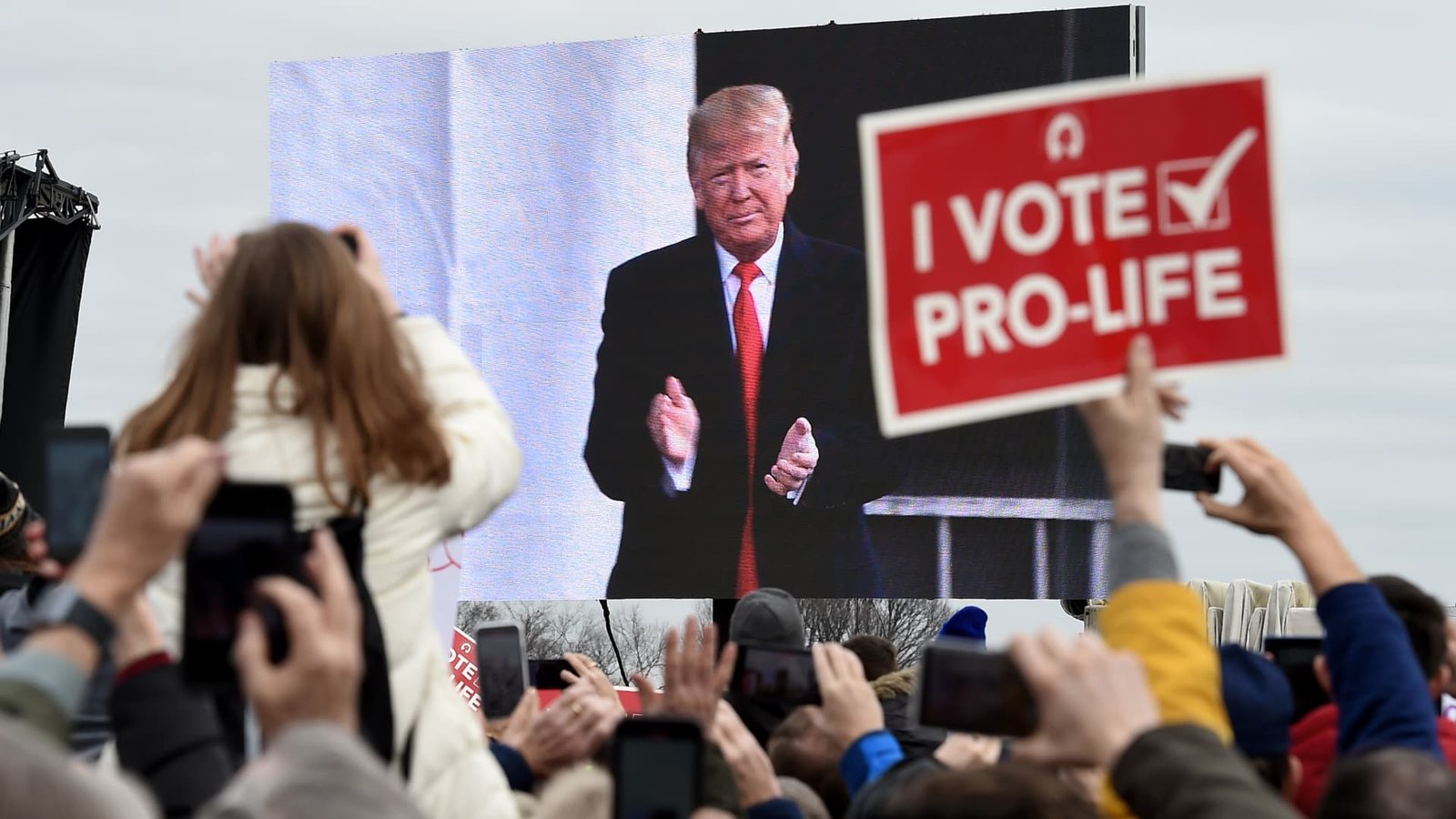Voters in seven out of 10 states approved ballot measures this week to safeguard abortion rights, a contentious issue that influenced voter turnout. However, concerns have been raised by health policy experts following President-elect Donald Trump’s victory, warning that access to abortion procedures may become more uncertain and vulnerable nationwide.
Trump’s stance on abortion has been inconsistent, with recent statements indicating he would defer the issue to states rather than support a federal ban. Despite this, experts caution that Trump’s appointees to federal agencies could potentially impose restrictions on abortion without requiring new legislation from Congress.
The potential increase in abortion restrictions over the next four years is a cause for concern, as highlighted by Katie O’Connor, senior director of federal abortion policy at the National Women’s Law Center. The impact of such restrictions could disproportionately affect lower-income individuals and people of color, leading to adverse health outcomes.
The Supreme Court’s decision to overturn Roe v. Wade in recent years has already led to increased restrictions on abortion in several states, affecting millions of women. Experts fear that further limitations imposed by the Trump administration could exacerbate the existing challenges in accessing abortion services, particularly for marginalized communities.
The possibility of Trump utilizing the Comstock Act to restrict medication abortion and other abortion-related materials has raised alarms among reproductive health advocates. Enforcing such measures could significantly impede access to abortion services, potentially leading to legal challenges and further complicating the landscape of reproductive healthcare in the U.S.
Trump’s potential actions, including appointing anti-abortion officials to key federal agencies, could have far-reaching implications for abortion rights and access. The rollback of policies implemented during the Biden administration and the reinstatement of restrictive measures could hinder efforts to expand reproductive health services and limit access to essential care for many individuals.
In light of these concerns, the future of abortion rights and access in the U.S. remains uncertain, with the potential for significant changes depending on the actions taken by the incoming administration.




